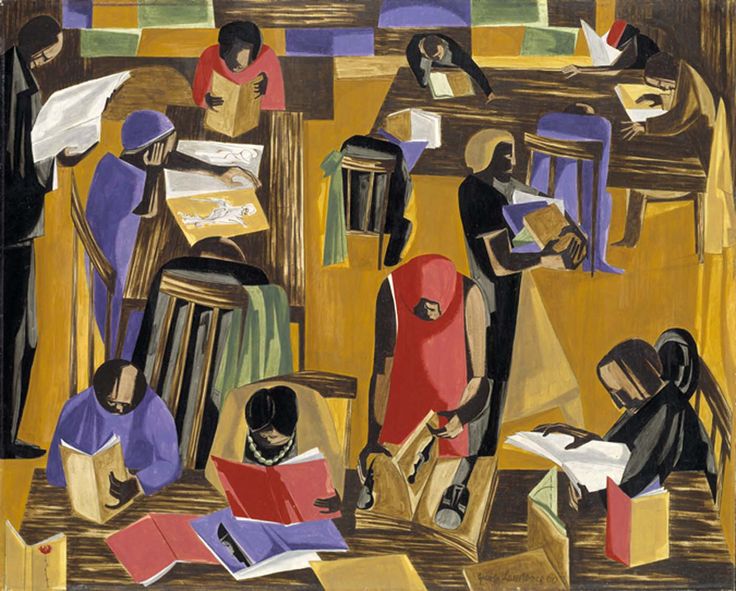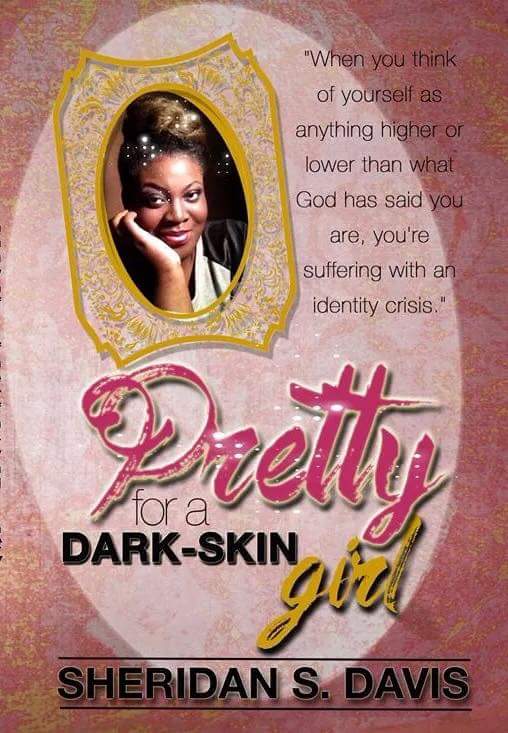

Writing to Felt Need vs Real Need
It's not always easy to translate a public persona into a compelling concept. This is a common challenge for many authors, especially nonfiction authors. Being able to identify the difference between real needs and felt needs can mean the difference between a good book and a great book.

Fit Matters: Q&A on Finding the Right Editor for Your Book
Recently, I had a great exchange on Facebook with author George Pearson. An author of two books and currently working on a third book, his books are written for the Christian market. However, the criteria George and I discussed for finding the right editor for his work is applicable for authors of various genres and topics.

Book Talk: The Book Itch by Vaunda Micheaux Nelson, illustrated by R. Gregory Christie
I also had a chance to give a book talk on a special book that I recently read--The Book Itch: Freedom, Truth, and Harlem's Greatest Bookstore. It's book that represents my desire to see publishers publish more diverse books to more fully represent kid readers of various backgrounds. It is also a book that touches on my favorite period of American history--the Harlem Renaissance. And it represents one of my favorite places to hang: the local indie bookstore.

2016: Reading in Review
My personal reading this year has been specifically targeted toward reading more ethnically diverse books. I am on a mission to figure out who I am going to be as a book publishing professional in light of what I see in our American culture. (You can read more about my mission here.) With all the gathering of stories, characters, platforms, ideologies, and perspectives, I don’t have words yet for how I feel like I have been shaped, emboldened, or propelled by what I’ve read.

You Think It’s Easy for an Editor to Critique Your Work? Think Again.
It may come as a surprise, but it is not always easy for editors to give critical feedback on manuscripts. While I believe the editorial mind is geared toward quickly noticing what's missing, wrong, or out of place, there's also a human on the other side of that mind who knows what it is like to receive criticism on creative work.

To Be or Not to Be Politically Correct—A Consideration of Words and Language
Not too long ago, I was editing a book in which I chose to use the words enslaved people instead of slaves. A person reading over the material asked, “Why not just say ‘slaves’?” I thought it was a good question, though I didn't imagine being asked about it. I know why I chose it. It was not a second thought to me. I also understood why the person asked, and it was completely innocent. But it got me thinking about how some people would actually take issue with the word choice—enslaved people—thinking, "Here we go with all this political correctness."

Books!—A Personal Way to Learn More About What’s Stirring Black America
What would it be like to be constantly disbelieved for your own experience? To never ever be validated, with or without proof? How does it feel to be dismissed, denied, and rejected? To have your tears and frustration met with responses like, “I don’t believe you. You are lying.”

Follow-up to Guest Post by Sheridan Davis: A Note about Colorism
In a previous post, I hosted guest blogger and indie author Sheridan Davis who shared her inspiration for writing her newest book, Pretty for a Dark-Skin Girl. Some of you, who may read my blog, may not be all that familiar with the concepts and issues she uncovered, so I wanted to provide additional comments to the post to provide a bit more context.

Guest Blogger: Sheridan Davis, Author of Pretty for a Dark-Skin Girl
I invited Sheridan Davis, author of Pretty for a Dark-Skin Girl, to write a guest post for my blog because her book and her passion to encourage and heal people in areas concerning race dovetails closely with what I'd like to see myself do in this next season of life.

Graduate School Musings: Finding My Place in the Quest for Many Stories
Currently the official canon of American Renaissance literature (defined by F. O. Matthiessen as literature written between 1850 and 1855) includes no women and no people of color. Across the US and the world that include American Renaissance, or the like, as part of their curriculum study this time period with only the perspectives of white men. But both women and people of color wrote landmark, culture-shifting works during this time that embody the very meaning of renaissance. I aimed to uncover and explore their works.
